Learning A Language
Unlocking Worlds: Your Journey to Language Mastery
Imagine a world where borders blur, conversations flow effortlessly with people from all walks of life, and new career paths open up unexpectedly. This isn't a fantasy; it's the reality that awaits those who embark on the enriching journey of language learning. Acquiring a new tongue is far more than just memorizing vocabulary and grammar rules. It's about unlocking a world of opportunities, breaking down barriers, and fundamentally rewiring your brain for enhanced cognitive function and a broader perspective.
Breaking Down Barriers: The Multifaceted Benefits of Bilingualism
The advantages of bilingualism extend far beyond the simple ability to communicate in another language. On a cognitive level, research consistently demonstrates that bilingual individuals exhibit enhanced executive functions, including improved attention span, multitasking abilities, and problem-solving skills. The constant mental juggling between two linguistic systems strengthens the brain's cognitive reserve, potentially delaying the onset of age-related cognitive decline.
Culturally, learning a language provides a profound connection to another society. It allows you to appreciate nuances in humor, understand cultural references, and engage with literature, music, and film in their original form. This deeper immersion fosters empathy, tolerance, and a broader understanding of the human experience, breaking down stereotypes and fostering genuine cross-cultural connections.
Professionally, bilingualism is an increasingly valuable asset in our interconnected world. It opens doors to a wider range of job opportunities in international business, diplomacy, tourism, translation, and many other fields.In today's global marketplace, the ability to communicate effectively with international clients and partners can provide a significant competitive edge, leading to career advancement and greater earning potential.
The Neuroscience of Language Acquisition: Rewiring Your Brain
The process of learning a new language is a fascinating testament to the brain's remarkable plasticity. As you encounter new sounds, vocabulary, and grammatical structures, your brain actively forms new neural connections. Regions like the Broca's area (involved in speech production) and Wernicke's area (involved in language comprehension) become more active and interconnected.
Studies using neuroimaging techniques have shown that bilingual individuals often have a denser gray matter in brain regions associated with language processing and executive control. Furthermore, the constant switching between languages strengthens the prefrontal cortex, the brain's control center responsible for decision-making and cognitive flexibility. Understanding the neuroscience behind language acquisition can empower learners by highlighting the tangible and positive changes occurring within their own minds.
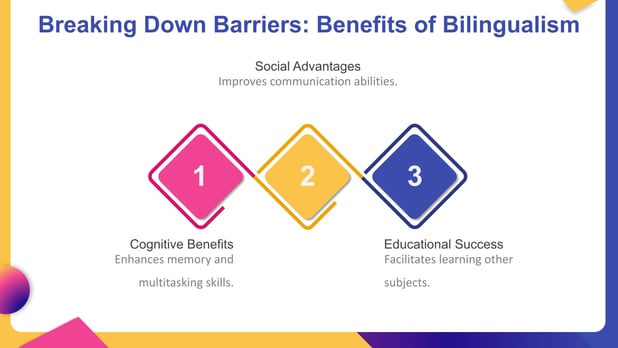

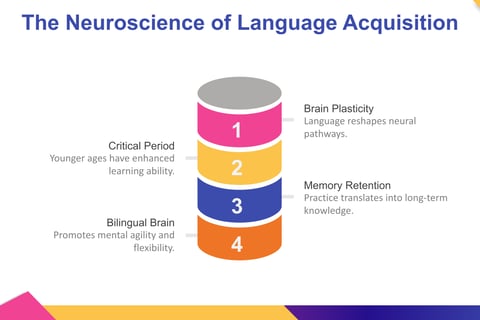

Effective Strategies for Rapid Language Learning: Smart Not Hard
While dedication and consistent effort are crucial, employing effective strategies can significantly accelerate your language learning journey. Immersion, even partial, is a powerful tool. Surrounding yourself with the target language through music, movies, podcasts, and even changing your phone's language settings can create a more conducive learning environment.
Active recall and spaced repetition are evidence-based techniques for memorizing vocabulary and grammar. Instead of passively rereading notes, actively test yourself and revisit information at increasing intervals. Consistent practice, even in short bursts, is more effective than infrequent cramming. Find language exchange partners or tutors for regular conversation practice to improve fluency and pronunciation.
Focus on communication over perfection in the initial stages. Don't be afraid to make mistakes; they are an integral part of the learning process. Embrace the discomfort of speaking and actively seek opportunities to use the language in real-world scenarios.
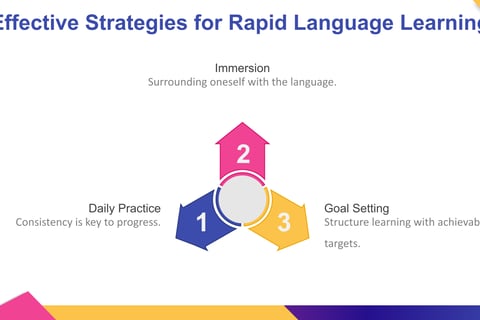

Harnessing Technology for Language Mastery: Your Digital Toolkit
In the digital age, a wealth of technological resources is available to support language learning. Language learning apps offer interactive lessons, gamified exercises, and vocabulary building tools. Online language exchange platforms connect you with native speakers for conversation practice. Digital dictionaries and translation tools provide instant access to definitions and translations.
Podcasts and online videos offer authentic listening practice and exposure to different accents and speaking styles. Utilizing these technologies strategically can make learning more engaging, accessible, and personalized to your learning style and pace.
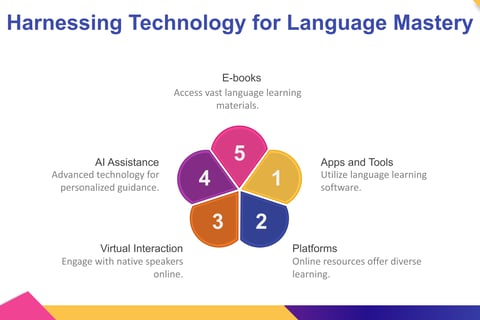

Overcoming Common Challenges: Navigating the Hurdles
The path to language fluency is rarely linear and often presents challenges. Motivation fluctuations are common; setting realistic goals, finding a study buddy, and celebrating small victories can help maintain momentum. Fear of making mistakes can be paralyzing; remember that errors are learning opportunities and embrace a growth mindset.
Time constraints are a frequent obstacle. Integrate language learning into your daily routine, even if it's just for 15-20 minutes a day.Consistency is key. Plateaus in progress are also normal. Vary your learning methods, focus on areas you find challenging, and seek feedback from native speakers or tutors to identify areas for improvement.
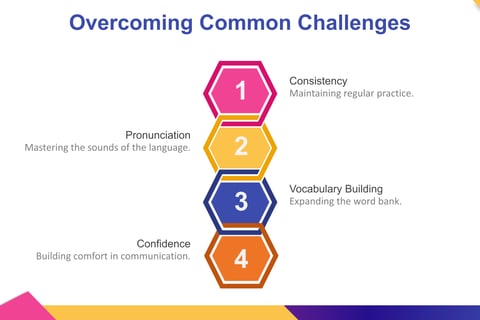

Language for Personal and Professional Growth: A Lifelong Journey
Learning a language is not just about acquiring a skill; it's about embarking on a journey of personal and professional growth. It fosters increased confidence, as you navigate new linguistic and cultural landscapes. It enhances your problem-solving abilities as you decipher unfamiliar structures and meanings. It cultivates greater empathy and understanding as you connect with people from different backgrounds on a deeper level.
Professionally, as mentioned earlier, bilingualism can significantly enhance your career prospects. It opens doors to international collaborations, expands your network, and positions you as a valuable asset in a globalized world. The ability to communicate across cultures fosters stronger relationships and facilitates smoother international interactions.
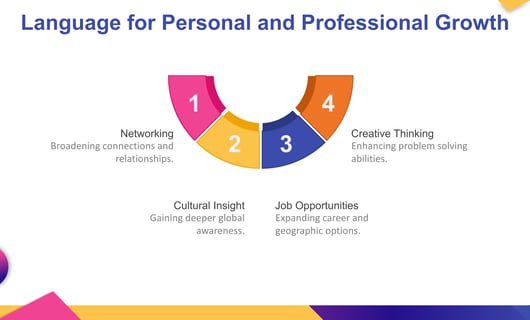

In conclusion, the decision to learn a new language is an investment in yourself and your future. It's an adventure that unlocks a world of opportunities, breaks down communication barriers, and enriches your life in countless ways. By understanding the neuroscience of language acquisition, employing effective learning strategies, and harnessing the power of technology, you can navigate the challenges and embark on a rewarding journey towards language mastery, ultimately transforming your personal and professional horizons.
